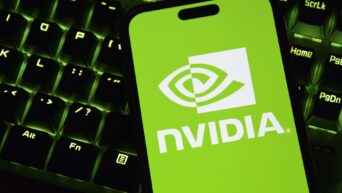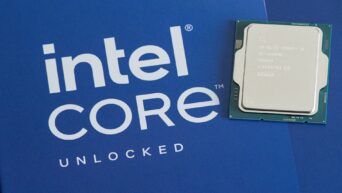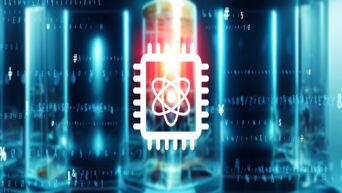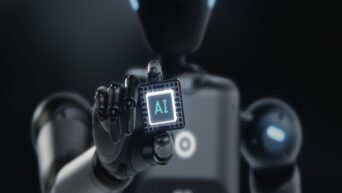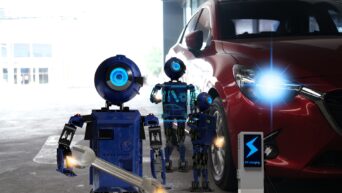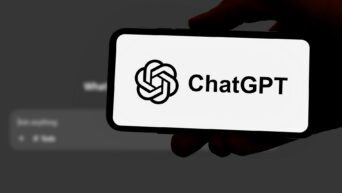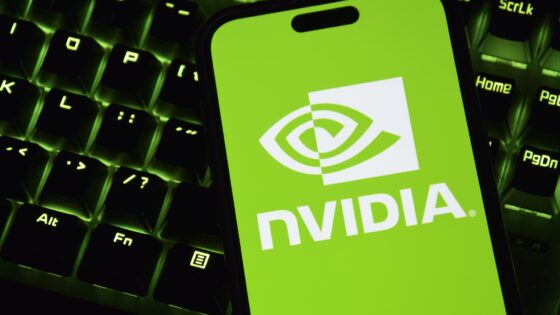Google DeepMind is bringing some serious brains to bots — and now, they don’t even need Wi-Fi. On Tuesday, the company introduced Gemini Robotics On-Device, a powerful new AI model that lets robots think and act on their own without relying on cloud connectivity.
Designed to run locally on robotic hardware, this model is an upgraded version of the Gemini Robotics system Google first launched in March. The new release marks a significant leap in autonomy for machines, allowing them to process complex commands and perform tasks even when offline — all guided by natural language prompts.
In practical terms, that means a robot can understand instructions like “fold that towel” or “grab the screwdriver and tighten the bolt,” without pinging a distant server for help.
And yes, it’s smart. Very smart.
Google says the on-device model performs nearly as well as its cloud-based counterpart, and in benchmark tests, it outshined other local models (though names weren’t dropped). During a live demo, robots powered by Gemini Robotics On-Device zipped open backpacks and neatly folded clothing — tasks that require fine motor control and an understanding of how objects behave in the real world.
Originally designed for ALOHA robots, Gemini Robotics On-Device has already proven its versatility. Google has adapted it to work with both the bi-arm Franka FR3 and Apptronik’s Apollo humanoid robot. Notably, the Franka FR3 was able to handle entirely new tasks and unfamiliar objects — including assembling components on a moving industrial belt — with impressive precision.
This adaptability is thanks to Google’s smart use of MuJoCo, a physics simulator where robots can train by watching 50 to 100 demonstrations of a task. Alongside the new model, Google is launching the Gemini Robotics SDK, allowing developers to customize robot behaviors more easily and fine-tune them for different applications.
“Robots that can learn from demonstrations and operate without needing constant internet access open up huge possibilities,” said a Google DeepMind spokesperson. “This is a step toward truly useful, adaptable robotics for the real world.”
While Google is making waves, it’s far from alone in the robotics race. Nvidia is developing its own platform to power foundation models for humanoids. Hugging Face is pushing into both AI and physical robotics, and Korean startup RLWRLD, backed by Mirae Asset, is also exploring foundational AI for machines.
But with Gemini Robotics On-Device, Google has just given robots a big leap forward — and a much shorter leash.


